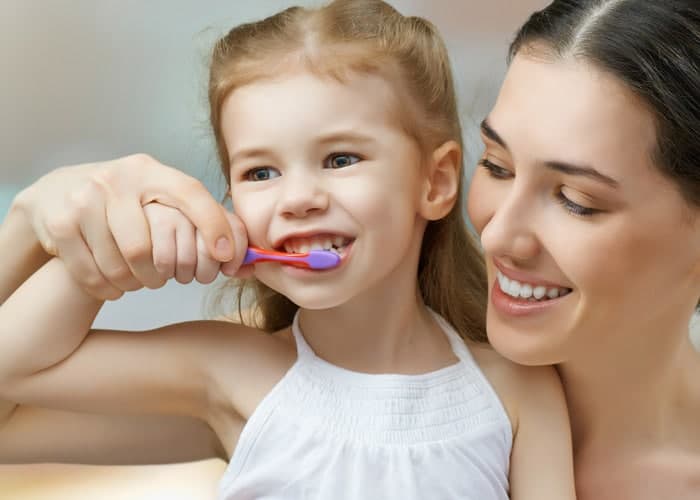It can be difficult to know when your child should begin brushing by himself or herself. While it is important for a child to develop proper dental care habits at an early age, proper brushing requires a level of fine motor skills and an understanding that may be beyond your little ones.
So, how do you get your children started brushing?
Early on, it is a good idea to allow your children to observe your own brushing habits. Have them do some practice brushing while you supervise, giving them a pea-sized drop of toothpaste and guiding their hands as necessary. Be sure that they know to cover all sides of their teeth, and not just the visible part of their frontal teeth. Further, inform them that they should not swallow their toothpaste, as the minty taste may lead them to assume that it is like candy.
Some children develop more quickly than others, but you can generally expect a child to start brushing independently by the age of six. Consult our Issaquah dentist to learn more about fostering good oral health in the youngest members of your family.


